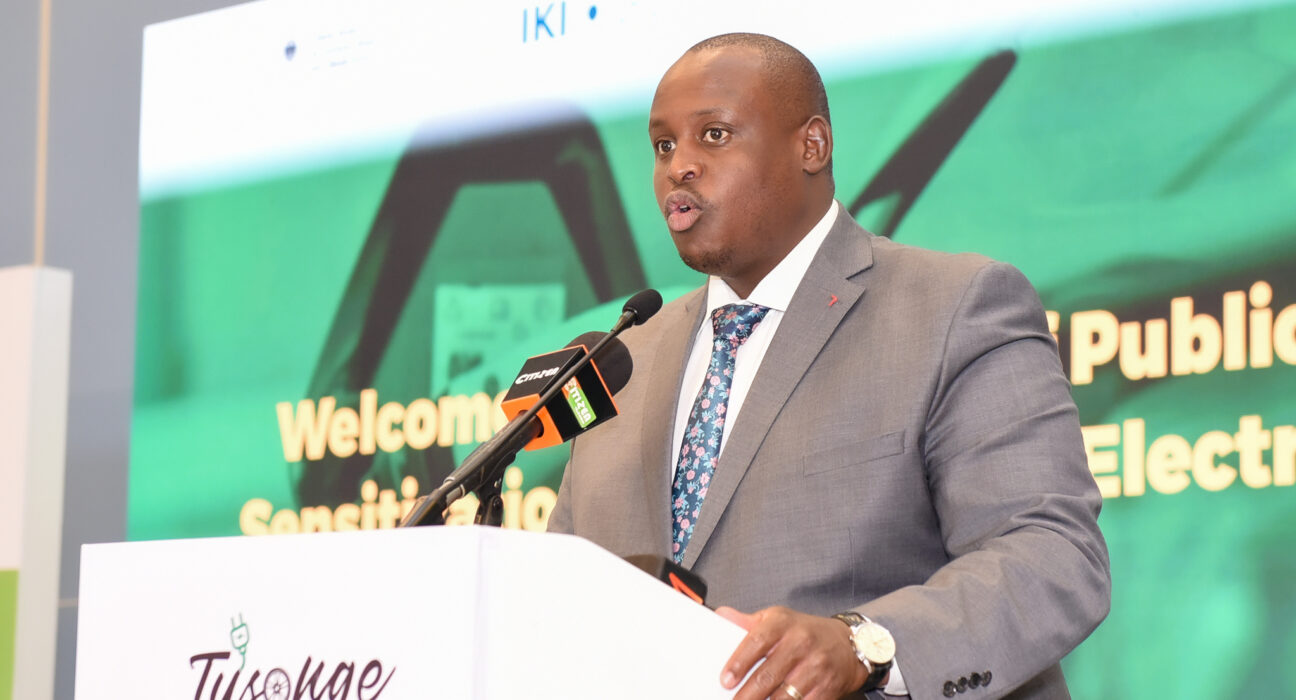The Energy and Petroleum Regulatory Authority (EPRA) has been appointed to a 13-member Steering Committee of the Regulatory Energy Transition Accelerator (RETA) for the 2024-2026 term, with EPRA Director General Daniel Kiptoo elected as the Chairman. This committee collaborates with energy regulators to promote knowledge sharing, peer-to-peer learning, and thought leadership on regulatory issues essential for accelerating the transition towards clean energy.
EPRA Director General and Chairman of the Committee, Daniel Kiptoo, celebrated the nomination, stating that EPRA would leverage this position to enhance its understanding of global best practices in clean energy, encompassing geothermal energy exploration, battery energy storage systems, wind energy, and the promotion of nationwide adoption of electric mobility.
“EPRA is dedicated to driving the adoption of renewable energy from generation to end-use in Kenya. We have been actively fostering information exchange and establishing a robust regulatory framework to facilitate clean energy adoption. Through RETA, we can collectively share knowledge and resources to expedite the clean energy transition for a sustainable future for all,” Kiptoo remarked.
Joining EPRA on RETA’s steering committee for its second term are energy regulators from Cameroon’s Electricity Sector Regulatory Agency (ARSEL), Costa Rica’s ARESEP, France’s CRE, North Macedonia’s ERC, Thailand’s ERC, St. Lucia’s NURC, Ontario’s OEB, and Great Britain’s Ofgem. Permanent members include the World Bank, the International Renewable Energy Agency, and the International Energy Agency.
Kenya has made significant investments in its transition to renewable energy, with 84.93 percent of the energy supplied to the national grid in 2023/24 sourced from renewables. Geothermal energy leads the charge, accounting for 44.55 percent of total energy generation, followed by hydro at 22.54 percent and wind at 14.30 percent. Utility-scale solar generation contributed 3.54 percent to the country’s energy needs. The government has set an ambitious goal of achieving a 100 percent clean energy transition by 2030.
RETA’s priority areas include promoting flexible, renewable-based systems, developing regulatory frameworks to support the energy transition, planning networks for widespread electrification, enhancing regional interconnection, and ensuring a fair and inclusive energy transition.





